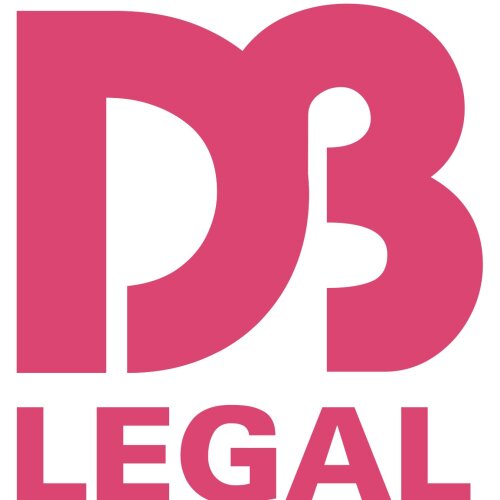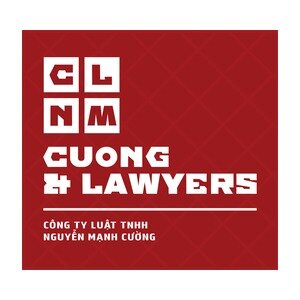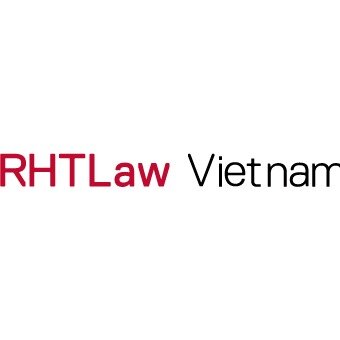Best Climate Change Law Lawyers in Hanoi
Share your needs with us, get contacted by law firms.
Free. Takes 2 min.
List of the best lawyers in Hanoi, Vietnam
About Climate Change Law in Hanoi, Vietnam
Climate Change Law in Hanoi, Vietnam refers to the regulations, policies, and legal frameworks that govern the response to climate change impacts at the local and national levels. The Vietnamese government recognizes climate change as a critical environmental and socioeconomic challenge, especially for Hanoi, a city vulnerable to flooding and air pollution. Vietnam has ratified various international agreements such as the Paris Agreement on climate change, and has introduced laws and action plans specifically addressing emissions reduction, renewable energy adoption, and adaptation strategies. In Hanoi, local authorities work closely with the central government to implement and enforce these climate policies, ensuring environmental protection and sustainable development.
Why You May Need a Lawyer
Individuals and businesses may require legal assistance with climate change law in several situations. For example, companies might need help understanding and complying with green building codes, emissions standards, or new environmental regulations. Landowners and developers may seek advice when projects are affected by zoning laws that consider flood risks or green space preservation. NGO representatives or community groups may need legal representation to advocate for stronger climate action or to challenge public decisions that harm the environment. Additionally, people may seek legal advice if they have suffered losses due to extreme weather events or need guidance benefiting from renewable energy incentives. A lawyer can help navigate complex regulations, engage with government authorities, and protect your rights or interests in climate-related matters.
Local Laws Overview
In Hanoi, climate change law is shaped by national legislation and local ordinances that prioritize adaptation, mitigation, and sustainable urban development. Key legal aspects include:
- The Law on Environmental Protection, as amended in 2020, which sets the foundation for pollution control, carbon emission management, and sustainable natural resource use.
- Vietnam’s Nationally Determined Contribution (NDC) under the Paris Agreement, outlining the country’s commitments and sector-specific climate goals.
- Building codes enforcing green construction and energy efficiency standards for new developments within Hanoi.
- Local regulations on urban planning that take flood prevention, green space, and public transportation into account to reduce carbon footprints.
- Policies promoting renewable energy investment, such as solar rooftop programs, and incentives for eco-friendly business practices.
- Laws regulating waste management to reduce landfill methane emissions and plastic pollution.
Compliance is monitored by both national ministries and local authorities in Hanoi, with penalties for non-compliance ranging from fines to suspension of business activities.
Frequently Asked Questions
What is climate change law?
Climate change law covers legal rules and regulations designed to mitigate climate change, adapt to its impacts, and fulfill international obligations such as reducing greenhouse emissions.
Does Vietnam have specific legislation on climate change?
While there is no standalone climate change law yet, Vietnam incorporates climate-related regulations within its Law on Environmental Protection, various decrees, and action plans specifically targeting climate risk management and emissions.
How does Hanoi enforce climate-related regulations?
Enforcement is handled by both Hanoi’s Department of Natural Resources and Environment and other local authorities who oversee compliance with national and municipal policies on pollution, construction, and urban planning.
What should businesses know about climate change compliance?
Businesses must comply with limits on emissions, energy use, and reporting requirements. Failure to follow regulations can result in financial penalties or restrictions on operations.
Can citizens participate in climate decision making?
Yes, citizens and civil society organizations can submit feedback during public consultations on new environmental regulations and participate in local environmental protection initiatives.
Are there incentives for renewable energy in Hanoi?
Yes, there are tax benefits, financial support, and streamlined licensing for individuals and companies investing in solar, wind, and other renewable energy projects.
How do climate laws affect construction in Hanoi?
Developers must meet green building standards, incorporate energy-saving measures, and comply with rules on managing stormwater and minimizing heat islands.
What legal rights do victims of climate-related disasters have?
Victims can seek compensation for damages if the harm is linked to legal violations, such as improper land use or failure to follow flood prevention regulations, though legal support is often required.
How can a lawyer help with climate litigation?
Lawyers can assist with filing lawsuits for environmental harm, representing parties in disputes involving emissions rules, or defending businesses against regulatory actions.
What happens if someone violates climate change laws in Hanoi?
Violators may face administrative fines, orders to halt harmful activities, or, in severe cases, criminal prosecution for actions causing significant environmental damage.
Additional Resources
If you are seeking guidance on climate change law in Hanoi, the following resources may be useful:
- Hanoi Department of Natural Resources and Environment for compliance requirements and local initiatives
- Ministry of Natural Resources and Environment (MONRE) for national climate strategies and policies
- Vietnam Bar Federation for professional legal advice or referrals to environmental law specialists
- Non-governmental organizations like the Vietnam Union of Science and Technology Associations for community programs and advocacy
- Academic institutions such as Hanoi University of Science for research publications and public seminars on climate law
Next Steps
If you believe your rights or interests might be affected by climate change regulations, or you are required to comply with emissions or environmental standards in Hanoi, the following steps may help:
- Document your issue, including any correspondence, permits, or notices received
- Research relevant laws or municipal regulations that apply to your situation
- Consult a qualified lawyer specializing in environmental or climate change law for tailored guidance
- If needed, contact relevant local authorities or government departments to request clarification or assistance
- Participate in public forums or consultations on environmental regulations if you wish to influence policy or raise concerns
- Keep updated on changes in policies or laws to ensure ongoing compliance
Professional legal advice is essential when dealing with complex rules, facing potential penalties, or seeking justice for climate-related harm. Acting early and with the correct information can significantly improve your outcomes in any climate change law matter in Hanoi, Vietnam.
Lawzana helps you find the best lawyers and law firms in Hanoi through a curated and pre-screened list of qualified legal professionals. Our platform offers rankings and detailed profiles of attorneys and law firms, allowing you to compare based on practice areas, including Climate Change Law, experience, and client feedback.
Each profile includes a description of the firm's areas of practice, client reviews, team members and partners, year of establishment, spoken languages, office locations, contact information, social media presence, and any published articles or resources. Most firms on our platform speak English and are experienced in both local and international legal matters.
Get a quote from top-rated law firms in Hanoi, Vietnam — quickly, securely, and without unnecessary hassle.
Disclaimer:
The information provided on this page is for general informational purposes only and does not constitute legal advice. While we strive to ensure the accuracy and relevance of the content, legal information may change over time, and interpretations of the law can vary. You should always consult with a qualified legal professional for advice specific to your situation.
We disclaim all liability for actions taken or not taken based on the content of this page. If you believe any information is incorrect or outdated, please contact us, and we will review and update it where appropriate.

















